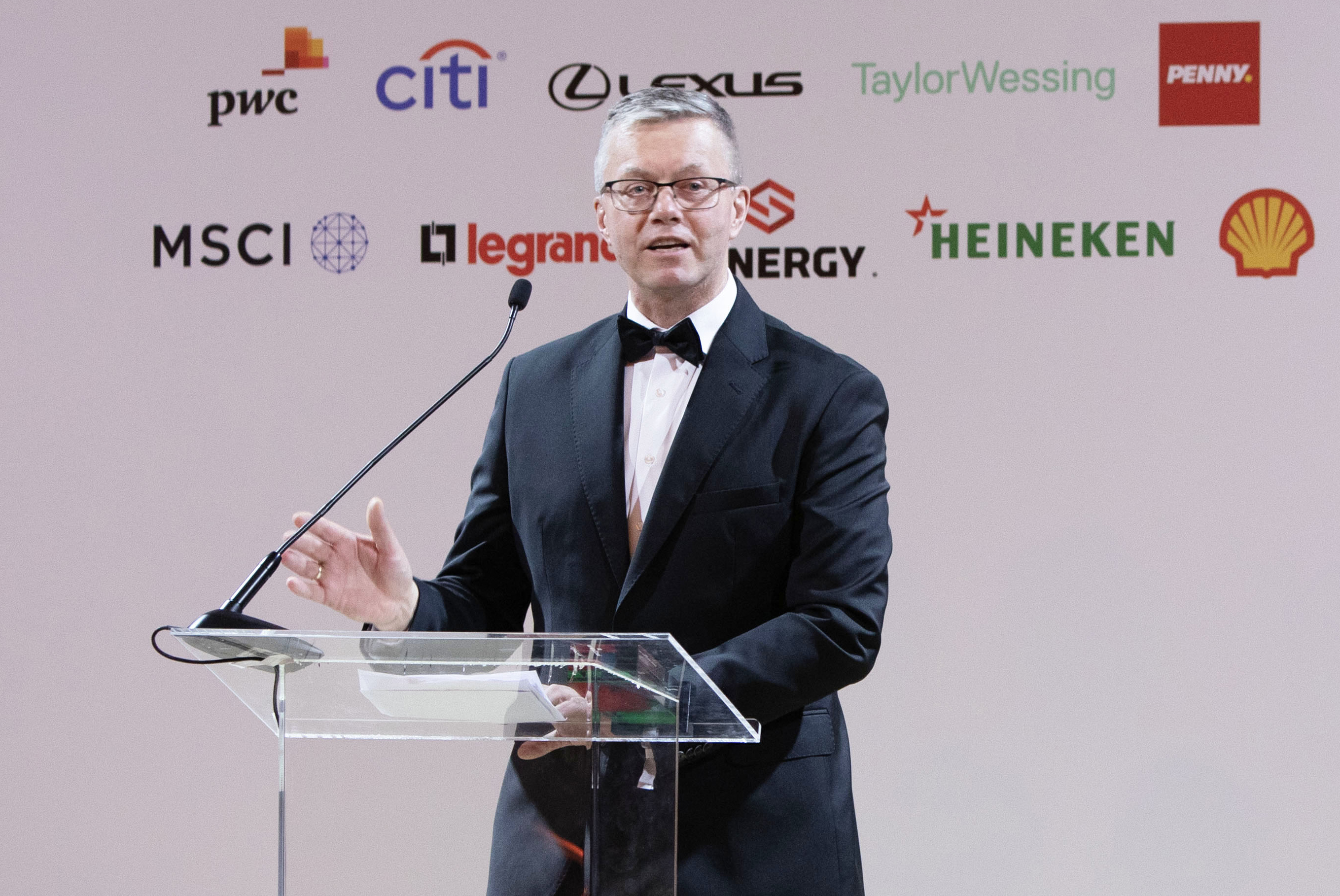PwC Hungary Initiative Aims to Reduce Office AC Use

There is no denying that it is getting really hot outside. Every continent has its fair share of heatwaves during the summer; most recently it was the United States that had to endure an extremely hot weekend, followed by much of Western Europe last week.
With hot spells becoming more common, the use of air-conditioning is on the rise. The number of air conditioner units installed globally is set to jump from 1.6 billion today to 5.6 billion mid-century, according to data by the International Energy Agency (IEA).
The United States (23%) and China (35%) account for half of the world’s stock of air conditioning units – the European Union’s share is currently just 6%. Air conditioners increase electricity demand; in fact, their use emerges as one of the key drivers of the global growth in demand for electricity, IEA notes.
Using air conditioners and electric fans to stay cool already accounts for about a fifth of the total electricity used in buildings around the world, or 10% of all global electricity consumption today.
In addition, they funnel heat outside, making the so-called “urban heat island” effect even worse. Bloomberg New Energy Finance, a research organization, expects electricity demand from residential and commercial air conditioning to increase by more than 140% by 2050. That is an increase that is comparable to adding the European Union’s entire electricity consumption.
Some firms have recognized this problem. One is PwC Hungary, where Friday comes differently for workers.
Higher Goal
The aim of the so-called Bermuda Day, as PwC partner László Radványi, the author of the idea, christened it, is different from Casual Friday. It may be executed in a similar way, but its goal is far loftier: employees do still dress down, but they do so to help reduce energy consumption.
“We wear formal attire every day to show respect towards our fellow colleagues and clients,” Radványi says. “But to make wearing a jacket and tie tolerable during summer, we set the air conditioners to 21ºC [70ºF].”
So why not wear Bermuda shorts and polo-shirts on one day each week, and set the air-conditioning to 25ºC [77ºF] instead? Radványi says he was inspired by a climate expert who spoke about the harmful effects of carbon emissions and global warming, which is listed as one of the major business risks on PwC’s global CEO survey.
“The energy specialist team of PwC did some calculations and found that, by setting higher [air conditioner] temperatures, we can roughly save the energy consumption of a small Hungarian village,” Radványi says.
The company is spreading the word on social media and inviting ever more companies to join the initiative. The long-term aim would be to extend Bermuda Day to more days per week, Radványi notes. Being environmentally conscious also improves the employee experience as well.
“There was standing ovation when we announced the program, and since then there has been no need to communicate the program more, because the message has spread very quickly. We see the Bermudas [in the office] as proof of it. Every year, 100-150 young people apply to our firm. They do grasp the importance of dressing formally to pay respect to each other, but for their future it is equally important to respect our environment,” Radványi points out.
SUPPORT THE BUDAPEST BUSINESS JOURNAL
Producing journalism that is worthy of the name is a costly business. For 27 years, the publishers, editors and reporters of the Budapest Business Journal have striven to bring you business news that works, information that you can trust, that is factual, accurate and presented without fear or favor.
Newspaper organizations across the globe have struggled to find a business model that allows them to continue to excel, without compromising their ability to perform. Most recently, some have experimented with the idea of involving their most important stakeholders, their readers.
We would like to offer that same opportunity to our readers. We would like to invite you to help us deliver the quality business journalism you require. Hit our Support the BBJ button and you can choose the how much and how often you send us your contributions.







